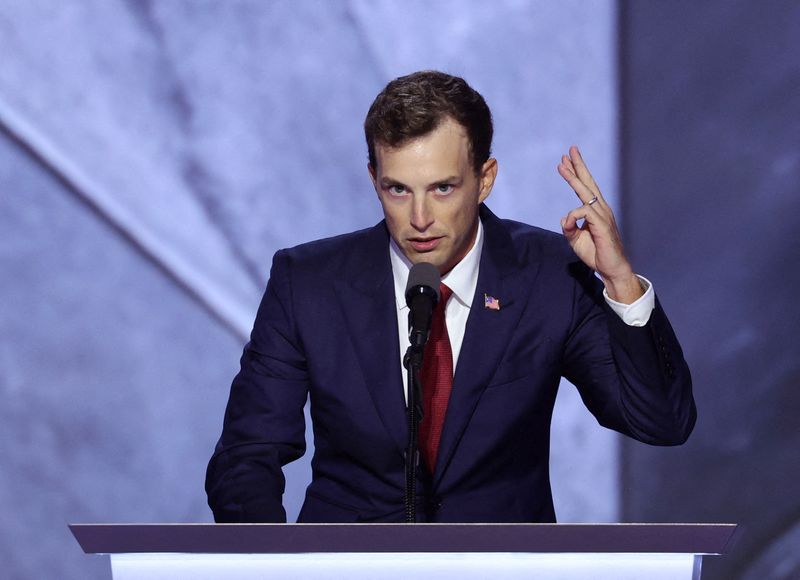Trump’s World Liberty Financial to Introduce New Stablecoin
Donald Trump’s World Liberty Financial has announced plans to launch a new stablecoin pegged to the U.S. dollar, according to a statement released on Tuesday. This announcement follows the company’s successful fundraising effort, which garnered over $500 million from the sale of a different digital token. The stablecoin, named USD1, will be completely backed by U.S. Treasuries, cash, and equivalent assets, ensuring it maintains a stable value of $1, as stated by World Liberty.
The Rise of Dollar-Pegged Stablecoins
In recent years, dollar-pegged stablecoins like Tether and USDC have surged in popularity, playing a critical role in the multi-trillion dollar cryptocurrency trading ecosystem. These stablecoins facilitate transactions between various cryptocurrencies and fiat currencies. Currently, the total market for stablecoins exceeds $237 billion, based on data from CoinGecko. Their issuers have benefited significantly as interest rates have increased, with Tether reportedly earning over $13 billion in profits last year.
Targeting Institutional Investors
Zach Witkoff, co-founder of World Liberty, emphasized that the new USD1 stablecoin will appeal to “sovereign investors and major institutions,” allowing them to incorporate it into their financial strategies for secure and smooth cross-border transactions. According to World Liberty, USD1 will be “fully backed by a reserve portfolio regularly audited by a third-party accounting firm,” although the company has not disclosed which firm will conduct the audits or when the stablecoin will officially launch.
World Liberty’s Background and Trump’s Crypto Agenda
World Liberty was established shortly before Trump’s election victory, and its formation was publicly announced by Trump, his sons, and prominent real estate entrepreneur Steve Witkoff, who is also Zach’s father and currently serves as Trump’s envoy to the Middle East. Trump, who has expressed intentions to be a “crypto president,” has indicated plans to reform U.S. cryptocurrency regulations and reverse the restrictions imposed under the Biden administration. His foray into the crypto space, which includes a meme coin launched earlier this year, has attracted scrutiny from ethics experts and political rivals regarding potential conflicts of interest.
Competition in the Stablecoin Market
The World Liberty initiative is designed to provide users with financial services without relying on traditional banking systems. Recently, the company revealed it raised $550 million through the sale of a crypto token known as $WLFI. Kevin Lehtiniitty, CEO of Borderless.xyz, a New York-based payment infrastructure firm, cautioned that USD1 will face significant competition from established players like Tether and Circle, the issuer of USDC. “While launching a stablecoin is straightforward, creating an ecosystem that embraces it is considerably more challenging,” he remarked, questioning whether the President would be competing against American businesses or seeking collaborative opportunities.
Partnerships and Blockchain Infrastructure
World Liberty stated that USD1’s reserves will be managed by BitGo, a California-based custody service. BitGo’s prime brokerage service is expected to enhance USD1 by providing institutional clients with access to substantial liquidity and trading options. The stablecoin will initially be launched on the Ethereum and Binance Smart Chain blockchains, which are essential for the operation of cryptocurrencies. World Liberty intends to expand USD1 to additional blockchains in the future. Binance, the largest cryptocurrency exchange globally, introduced its Smart Chain in 2020 and ranks as the fourth-largest blockchain by total asset value, per CoinGecko. The founder of Binance, Changpeng Zhao, faced legal issues last year, receiving a four-month prison sentence after admitting to breaching U.S. money laundering laws, and the company incurred a hefty $4.3 billion fine for failing to report suspicious transactions. A request for comment from Binance regarding the partnership was not immediately answered.
